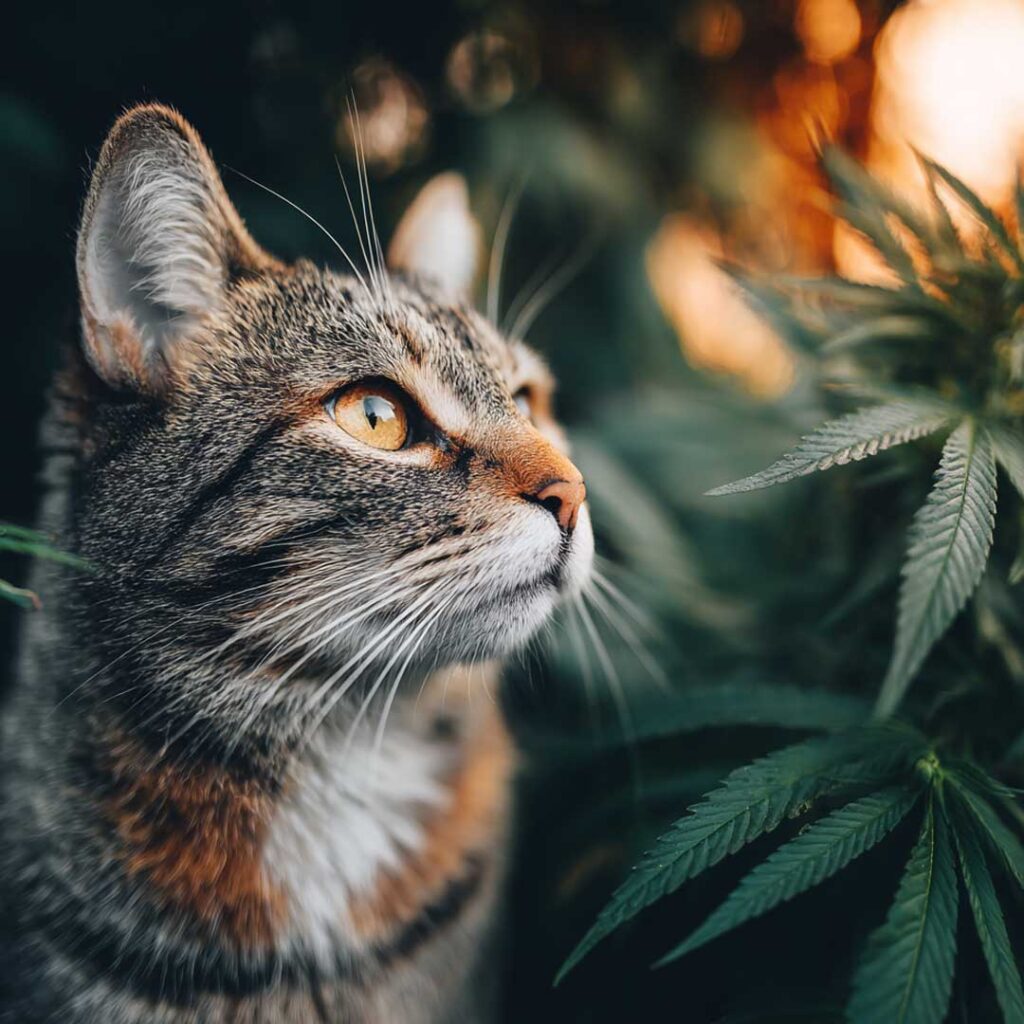Is CBD Good for Pets? What Every Pet Owner Needs to Know
 With the rising popularity of natural wellness remedies, many pet owners are asking: Is CBD good for pets? Whether you’re caring for a dog, cat, or another furry friend, CBD has emerged as a promising option to help manage a variety of health concerns—naturally.
With the rising popularity of natural wellness remedies, many pet owners are asking: Is CBD good for pets? Whether you’re caring for a dog, cat, or another furry friend, CBD has emerged as a promising option to help manage a variety of health concerns—naturally.
In this guide, we’ll explore the benefits, risks, and everything you need to know about CBD for pets.
What Is CBD?
CBD (short for cannabidiol) is a non-psychoactive compound found in hemp, a variety of the cannabis plant. Unlike THC, CBD does not produce a “high.” Instead, it interacts with your pet’s endocannabinoid system (ECS) to help regulate functions like pain, mood, sleep, appetite, and immune response.
Is CBD Safe for Pets?
Generally, yes—CBD is considered safe for pets when it’s:
- Derived from hemp (not marijuana)
- THC-free or contains less than 0.3% THC
- Properly dosed based on your pet’s weight and species
- Sourced from a reputable brand with third-party lab testing
However, not all CBD products are created equal. Cats, for example, are more sensitive to certain additives and require feline-specific formulas. Always consult your veterinarian before starting your pet on any new supplement.
Benefits of CBD for Pets
Here are some of the most common reasons pet parents use CBD:
1. Anxiety and Stress Relief
CBD may help calm pets during thunderstorms, fireworks, travel, or separation. It can promote relaxation without sedation.
2. Pain and Inflammation
For aging pets or those with arthritis, CBD has anti-inflammatory properties that may reduce discomfort and improve mobility.
3. Seizure Management
Some studies and anecdotal reports suggest CBD may help manage epilepsy and reduce the frequency of seizures—especially in dogs.
4. Appetite and Nausea
CBD is known to stimulate appetite and may reduce nausea in pets undergoing treatments or suffering from illness.
5. Skin and Allergy Support
CBD oils and topicals may help soothe itching, redness, and skin irritation caused by allergies or environmental factors.
Which Pets Can Take CBD?
CBD is most commonly used for:
- Dogs: For anxiety, pain, arthritis, and seizures
- Cats: For stress, joint support, and digestive issues
- Small animals (rabbits, ferrets): Used sparingly and only under veterinary guidance
- Horses: Often used for joint health, anxiety, and recovery
Each species metabolizes CBD differently, so it’s important to use species-specific products with appropriate dosing.
What Do Veterinarians Say?
While research is still evolving, many holistic and integrative veterinarians support CBD as a complementary wellness tool. In 2020, the American Veterinary Medical Association (AVMA) acknowledged the growing interest in CBD and encouraged further research.
Veterinarians often recommend CBD for:
- Pets with chronic pain
- Animals with anxiety or behavioral issues
- Older pets with mobility limitations
- Pets that are not responding well to traditional medications
Note: Due to regulatory limits, not all vets may feel comfortable discussing or recommending CBD—so find one open to integrative approaches if needed.
How to Choose a Safe CBD Product for Your Pet
When buying CBD for pets, look for:
✅ Hemp-derived CBD (legal in the U.S. if it contains <0.3% THC)
✅ Third-party lab testing for purity and potency
✅ Pet-specific formulas with clear dosing instructions
✅ No artificial ingredients, flavors, or preservatives
✅ Positive reviews and transparent sourcing
Avoid giving your pet human CBD products, especially those that contain xylitol, chocolate, or essential oils toxic to animals.
Potential Side Effects of CBD in Pets
CBD is well-tolerated by most pets, but side effects can include:
- Mild drowsiness
- Loose stools or upset stomach (usually from high doses)
- Dry mouth or increased thirst
- Interaction with other medications (especially liver-metabolized drugs)
Start with a low dose and monitor your pet’s response before increasing.
Final Thoughts: Is CBD Good for Pets?
Yes—for many pets, CBD offers a safe and natural way to support overall wellness, manage discomfort, and reduce stress. As with any supplement, the key is choosing high-quality products, starting slowly, and working with your veterinarian.
Whether your dog gets anxious on road trips or your senior cat struggles with mobility, CBD may be a helpful addition to their daily care routine.
Disclaimer: This article is for informational purposes only and is not intended to diagnose or treat any medical condition. Always consult your veterinarian before introducing CBD or any new supplement into your pet’s regimen.
